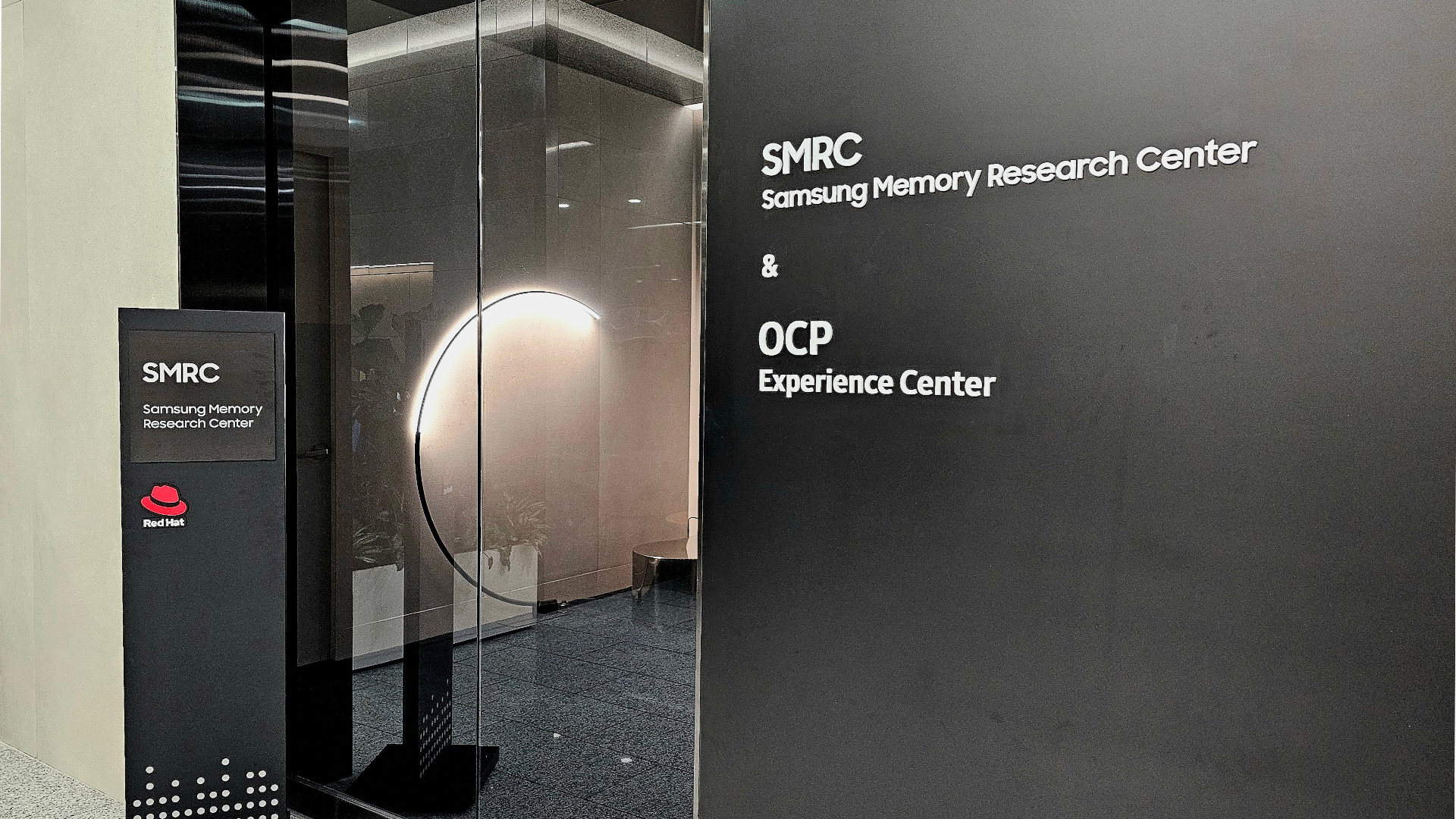Samsung has announced that it has completed the verification of CXL (Compute Express Link) memory modules. The verification was done in a real-time environment with the help of Red Hat, an open-source software provider. This will help with the expansion of the ecosystem around CXL memory in the industry.
CXL memory modules have been verified to be interoperable with other popular server hardware, as they have been tested in a real user environment. Due to the exponential growth in data usage for things like AI, Generative AI, and IMDBs (In-Memory Databases), the demand for higher memory bandwidth has been rising. CXL is a new memory standard that connects the CPU, GPU, and memory devices through the PCIe interface, offering more options to increase speed, reduce latency, and improve expandability.
Samsung has optimized CXL memory for RHEL (Red Hat Enterprise Linux) 9.3. It has verified memory recognition and read/write operations in Red Hat's KVM and Podman environments, which allows clients to use CXL memory modules in their servers without making changes to their existing setups. Both firms are now working on the RHEL 9.3 CXL Memory Enabling Guide that allows others to create high-performance systems. The two firms signed a MoU (Memorandum of Understanding) last year to create next-generation memory.
Yongcheol Bae, Executive Vice President of Memory Product Planning at Samsung Electronics, said, “Samsung has been working closely with a wide range of industry partners in areas from software, data centers, and servers to chipset providers, and has been at the forefront of building up the CXL memory ecosystem. Our CXL partnership with Red Hat is an exemplary case of collaboration between advanced software and hardware, which will enrich and accelerate the CXL ecosystem as a whole.”








